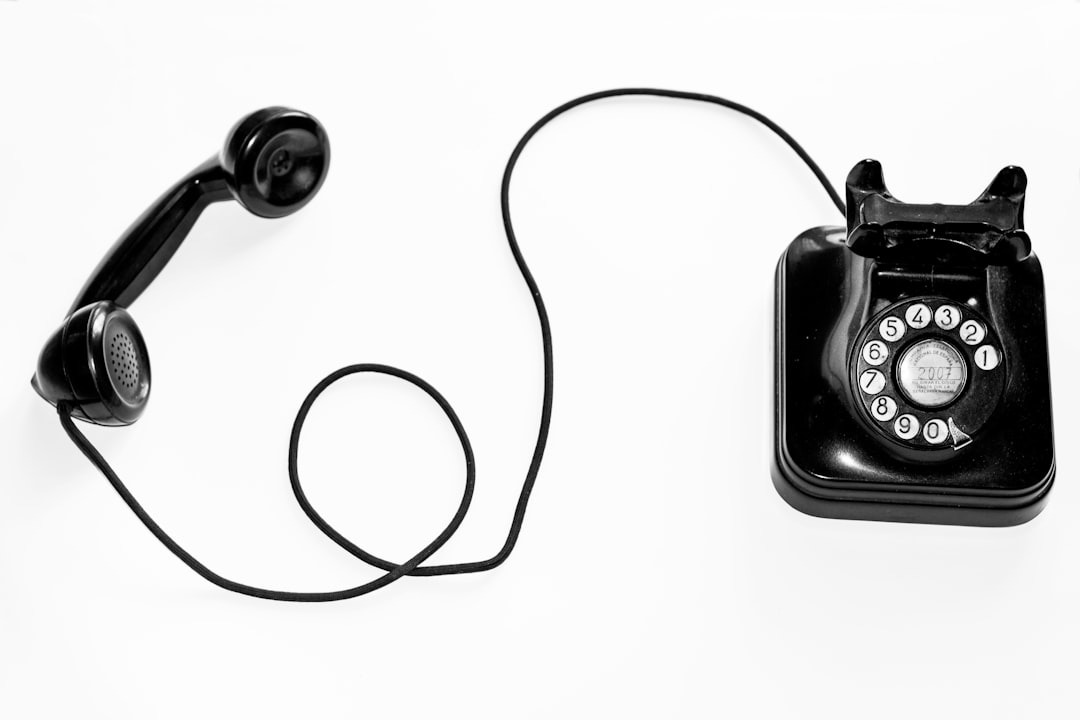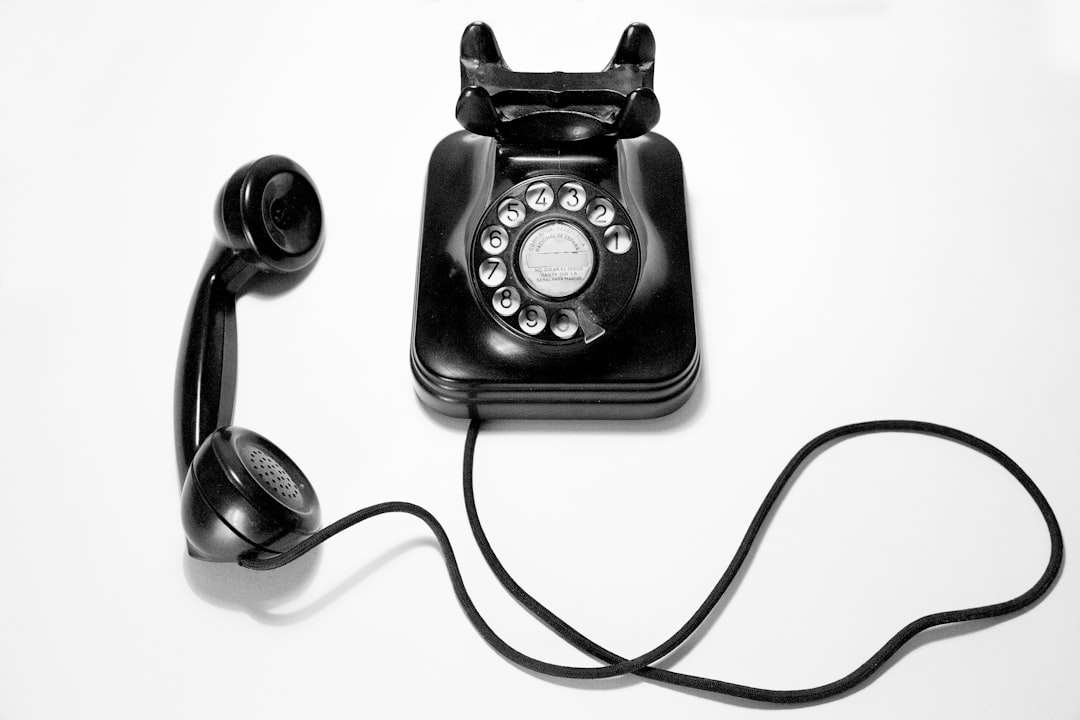Iowa's autodialer laws, including TCPA and TCFA, require prior consent. Autodialer lawyers in Iowa need training covering technology, legal implications, campaign design, compliance (do-not-call, data privacy), role-playing, and case studies. Law firms should balance automation with personal contact, customize scripts, ensure state law compliance, and provide ongoing support to effectively use autodialer lawyers Iowa.
In Iowa, effective use of autodialers—automatic telephone dialing systems—is governed by state laws and regulations. This article guides lawyers on creating a comprehensive autodialer training program tailored to Iowa’s legal landscape. We’ll explore key aspects, from understanding the legal framework to designing practical curricula and implementing successful training strategies. By mastering these steps, Iowa’s legal professionals can ensure compliance while enhancing their proficiency with autodialers, ultimately benefiting client communication and case management.
Understanding Autodialer Laws in Iowa

In Iowa, the use of autodialers—also known as automated telephone dialing systems (ATDS)—is governed by state and federal regulations to ensure consumer privacy and protect against unwanted telemarketing calls. Understanding these laws is crucial for anyone involved in developing an effective autodialer training program.
Iowa’s Telephone Consumer Protection Act (TCPA) mirrors the federal Telemarketing and Consumer Fraud and Abuse Prevention Act (TCFA). Together, these laws dictate how businesses can use autodialers to make outbound calls. This includes restrictions on when and how these systems can be used, as well as requirements for obtaining prior express consent from recipients. Autodialer lawyers in Iowa play a vital role in navigating these complex regulations, ensuring compliance, and helping businesses avoid costly legal repercussions.
Designing Training Curricula for Lawyers

In developing an effective Autodialer training program for lawyers in Iowa, crafting a tailored curriculum is paramount. The program should start with foundational knowledge, teaching attorneys the basics of autodialing technology, including its legal implications and ethical considerations unique to telemarketing in Iowa. This initial phase ensures lawyers are comfortable with the tools and understand their responsibilities under state laws.
Subsequently, advanced modules can delve into strategic campaign design, focusing on segmenting client lists, personalizing messages, and optimizing call timing. Practical exercises using autodialer software, role-playing scenarios for handling customer interactions, and case studies of successful telemarketing campaigns will enhance learning. The curriculum should also emphasize compliance, covering do-not-call regulations, consent management, and data privacy to ensure Iowa lawyers can effectively utilize autodialers while adhering to legal boundaries.
Implementing Effective Autodialer Training Strategies

Implementing effective autodialer training strategies is paramount for any law firm aiming to optimize their client outreach in Iowa. The state’s competitive legal market demands efficient communication tools, and an autodialer can significantly enhance productivity by automating phone calls, ensuring consistent and timely contact with potential clients.
Training should focus on teaching lawyers and staff how to use the autodialer effectively, balancing automation with personal touch. This involves customizing scripts tailored to different client segments, ensuring compliance with Iowa’s telephone consumer protection laws, and providing ongoing support for troubleshooting and refining strategies based on performance data. By integrating these practices, law firms can harness the power of autodialers to build stronger relationships while maintaining professionalism and ethical standards in their marketing efforts among autodialer lawyers Iowa.






